The Cultural Impact of Stand-Up: Reflecting Society Through Humor
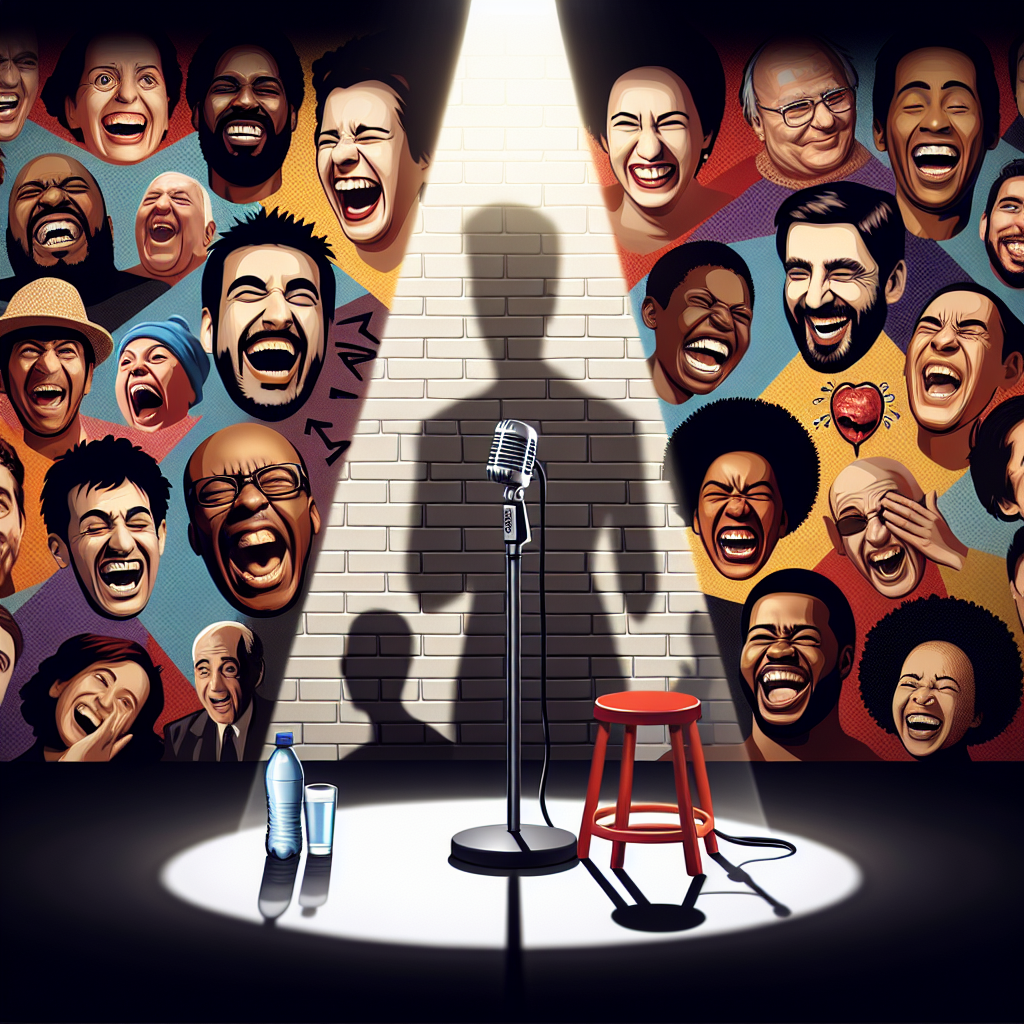
Table of Contents
- H2: The Roots of Stand-Up Comedy
- H2: Stand-Up Comedy as a Reflection of Society
- H3: Humor and Social Commentary
- H3: Satire and Political Discourse
- H2: The Globalization of Stand-Up Comedy
- H3: Cultural Exchange Through Humor
- H2: The Role of Technology in Stand-Up Comedy
- H3: Accessibility and Reach
- H2: Challenges Facing Stand-Up Comedy
- H3: Navigating Sensitivity and Censorship
- H2: Conclusion
- H2: References
Stand-up comedy has evolved into one of the most vibrant and accessible forms of entertainment in contemporary society. With its ability to blend humor with critical social commentary, it serves as a powerful lens through which various cultural, political, and personal issues are examined. This article explores the cultural impact of stand-up comedy, illustrating how comedians reflect society through humor and contribute to critical dialogues about race, gender, politics, and more.
H2: The Roots of Stand-Up Comedy
Stand-up comedy has its origins in vaudeville and burlesque theaters of the early 20th century. Comedians like Bob Hope and George Carlin paved the way for the format we recognize today. Historically, stand-up has functioned not only as entertainment but also as a vital platform for social commentary.
- Vaudeville’s Influence: Vaudeville introduced audiences to variety acts, allowing comedians to test material extensively. This experimentation laid the groundwork for the more structured observational comedy that many recognize today.
- Cultural Reflections: Early comedians often addressed societal norms, using humor to challenge established conventions. For example, Carlin’s “Seven Words You Can Never Say on Television” pushed boundaries while provoking discussions about censorship and language.
H2: Stand-Up Comedy as a Reflection of Society
H3: Humor and Social Commentary
Stand-up comedy has a unique ability to provide social commentary in an engaging manner. It allows comedians to address sensitive topics, offering new perspectives while encouraging audiences to reflect critically on their beliefs.
- Racial Issues: Comedians like Chris Rock and Dave Chappelle have used humor to navigate complex racial dynamics in America. By approaching subjects like race relations and identity through comedy, they challenge audiences to think differently about systemic issues.
- Gender Dynamics: Female comedians such as Ali Wong and Hannah Gadsby have transformed the landscape of comedy by addressing topics such as feminism, motherhood, and body image. Their work contributes to a broader discussion on women’s roles in society.
H3: Satire and Political Discourse
Stand-up has also become a vital part of political discourse. Comedians often act as both entertainers and social commentators, using humor as a tool to dissect and critique the political landscape.
- Late-Night Comedy: Programs like "The Daily Show" and "Saturday Night Live" blend traditional stand-up with satire, shaping public opinion about political figures and policies. Research shows that audiences often take away key insights from these comedic takes on current events, demonstrating the significant influence of humor in contemporary political discussions.
- Public Figures: Comedians often find themselves becoming influential figures in political circles. For instance, Jon Stewart’s tenure on "The Daily Show" has had lasting effects on political satire and public engagement.
H2: The Globalization of Stand-Up Comedy
H3: Cultural Exchange Through Humor
As stand-up comedy continues to grow globally, it fosters cross-cultural conversations. Comedians around the world share their unique perspectives, creating a rich tapestry of humor that reflects diverse experiences and societal challenges.
- International Comedians: Comedians like Vir Das in India and Eddie Izzard in the UK exemplify how humor can transcend cultural barriers. Their work highlights local issues while allowing for universal humor that resonates globally.
- Comedy Festivals: Events such as the Edinburgh Festival Fringe and Montreal Comedy Festival not only showcase talent from various backgrounds but also encourage cultural exchange and dialogue among audiences from different regions.
H2: The Role of Technology in Stand-Up Comedy
The rise of digital media has transformed how stand-up comedy is consumed and appreciated. With platforms like YouTube, Netflix, and social media, comedians can reach audiences worldwide instantly.
H3: Accessibility and Reach
Comedy is now more accessible than ever. Comedians can share their performances online, making it easier for diverse voices to emerge and gain recognition.
- Streaming Services: Platforms like Netflix have invested heavily in comedy specials, providing a space for lesser-known comedians to present their work to a global audience. This democratization of content enables varied perspectives to enter mainstream discourse.
- Social Media: Platforms like TikTok and Instagram have enabled comedians to create shorter, punchier content, reaching younger audiences. These platforms often serve as stepping stones for emerging talent.
H2: Challenges Facing Stand-Up Comedy
H3: Navigating Sensitivity and Censorship
As societal norms evolve, comedians often face challenges regarding what topics are acceptable for humor. Navigating these sensitivities requires a delicate balance.
- Cancel Culture: The rise of "cancel culture" has prompted discussions within the comedy community about accountability. Comedians must consider the implications of their material, particularly around sensitive topics.
- Audience Expectations: Audiences increasingly expect sensitivity and understanding in comedy. Striking the right tone while remaining humorous is an ongoing challenge for many.
H2: Conclusion
Stand-up comedy serves as a unique mirror reflecting society, encapsulating its humor, pain, and complexities. Through laughter, comedians address crucial issues, provoke thought, and encourage dialogue among audiences. As this art form continues to evolve, its role as a social commentator remains indispensable. The cultural impact of stand-up is profound, offering insights into the human experience that resonates across borders and generations.
For further exploration of related topics, check out our articles on The Evolution of Stand-Up Comedy and Comedy as a Tool for Social Change.
H2: References
- "The Role of Stand-Up Comedy in Politics." Smithsonian Magazine.
- "Comedy’s Cultural Impact: A Cross-National Perspective." The Journal of Arts Management.
By examining the societal implications of stand-up comedy, we can appreciate its role in shaping cultural narratives and challenging the status quo. Stand-up will continue to be an essential medium for self-expression, healing, and social critique.
Latest Posts
You Might Also Like

Lorem ipsum dolor sit amet, consectetur adipiscing elit. Ut elit tellus, luctus nec ullamcorper mattis, pulvinar dapibus leo.
TOP NEWS
Copyright © 2025 FunnyShowStreaming.site | All rights reserved.












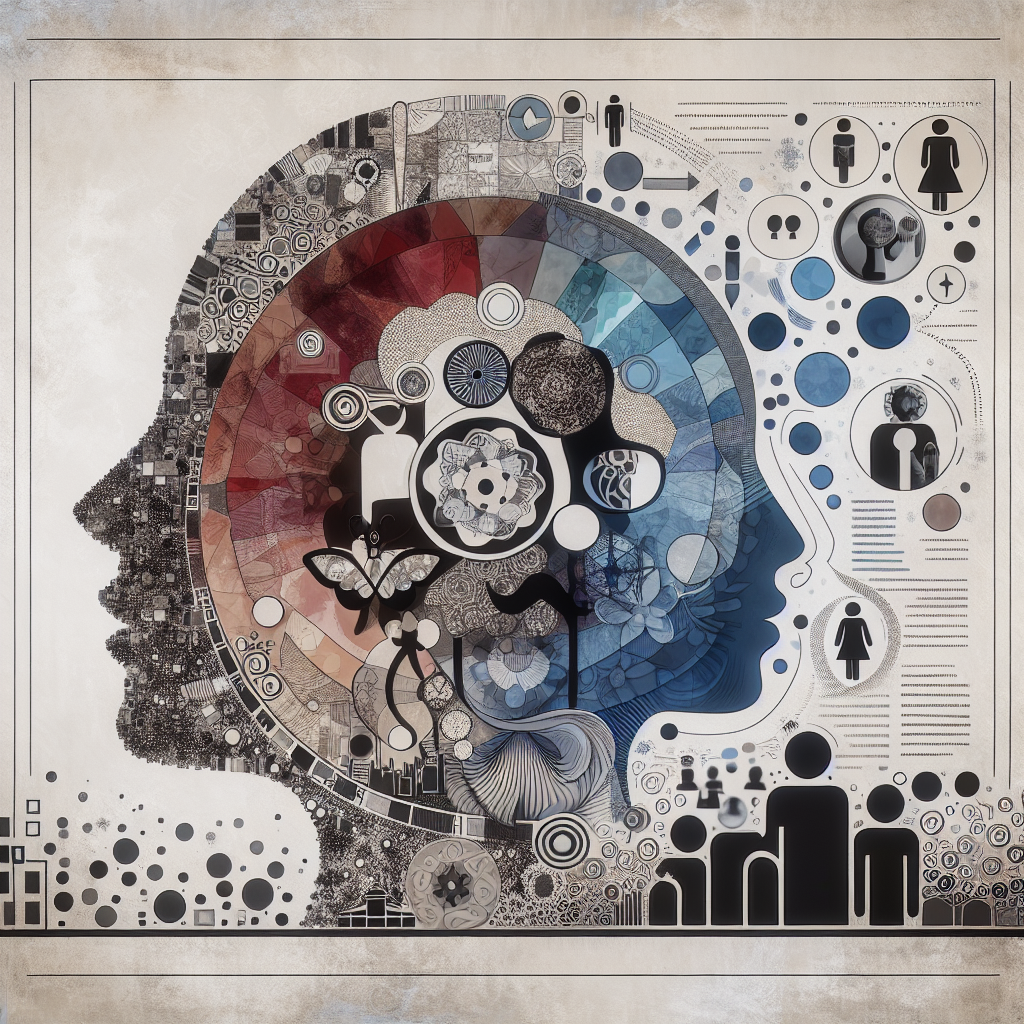
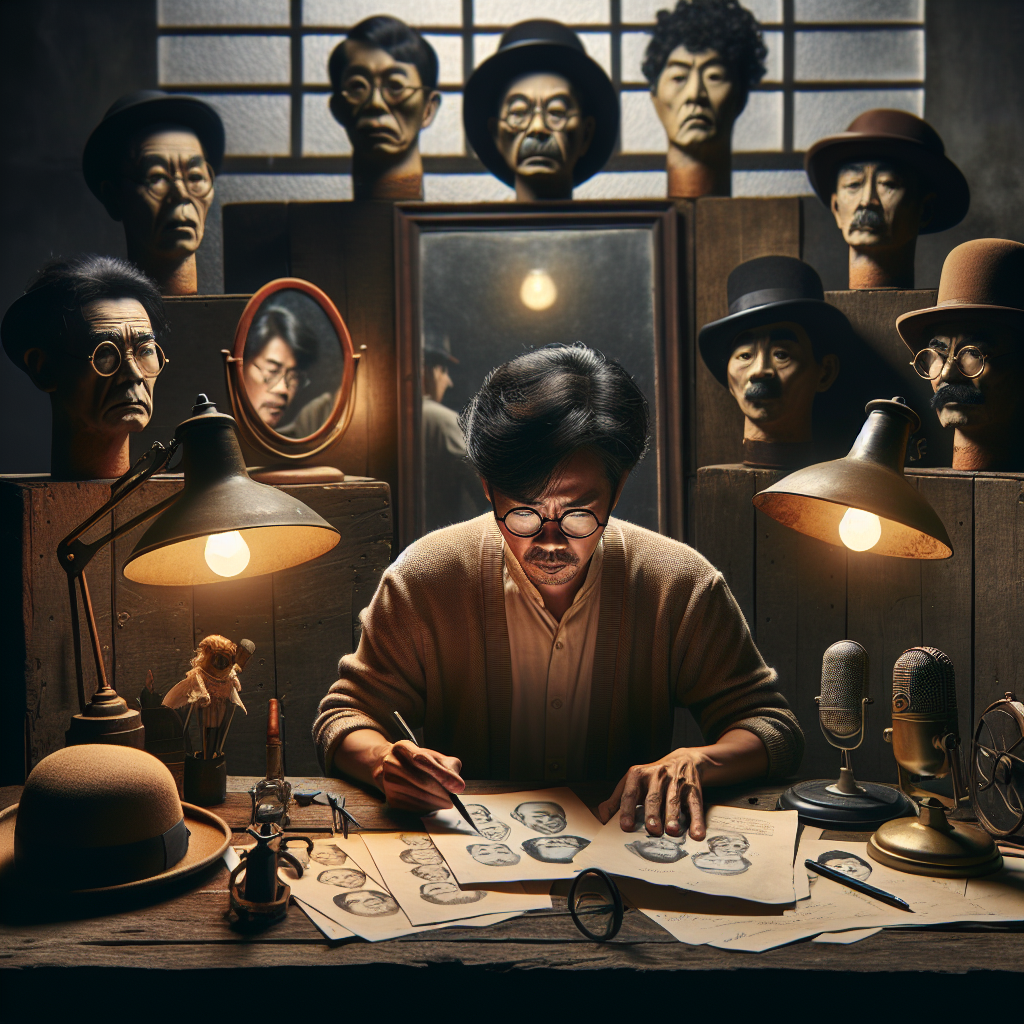
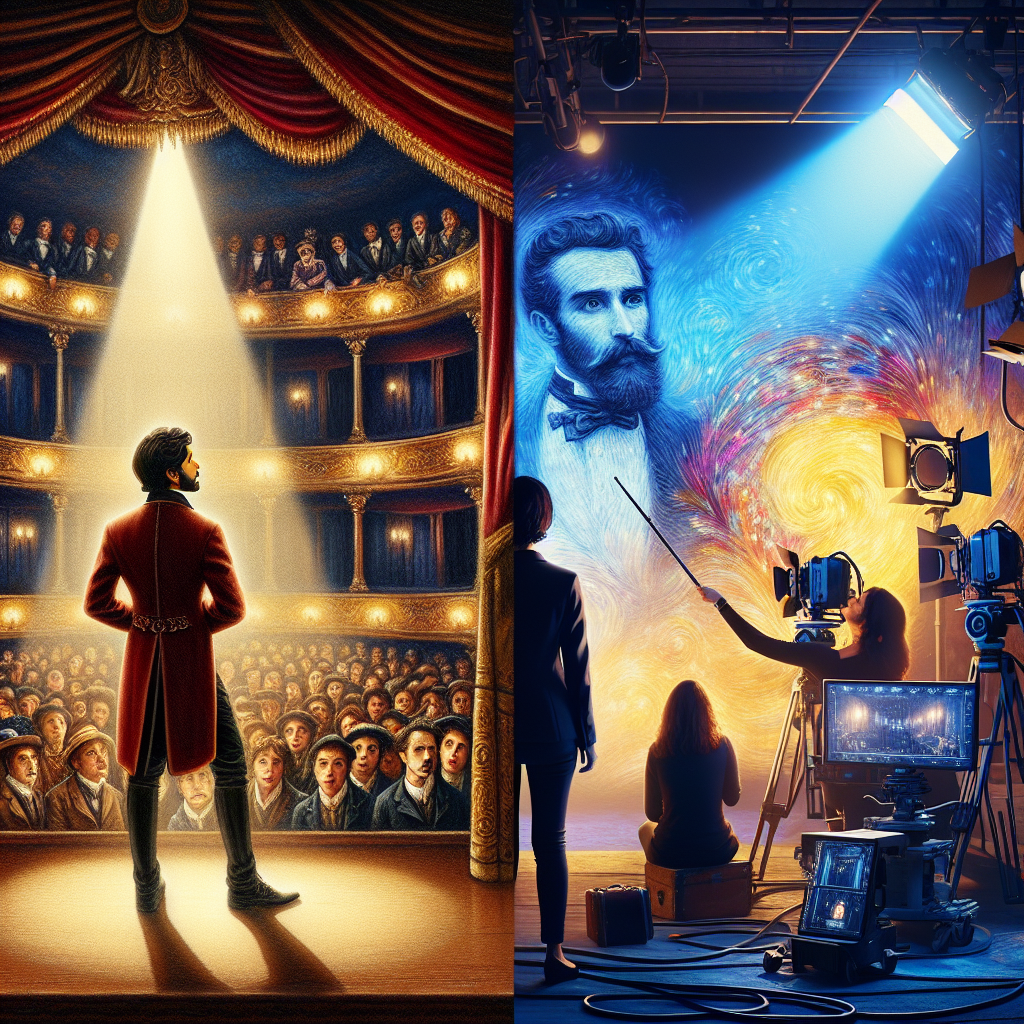
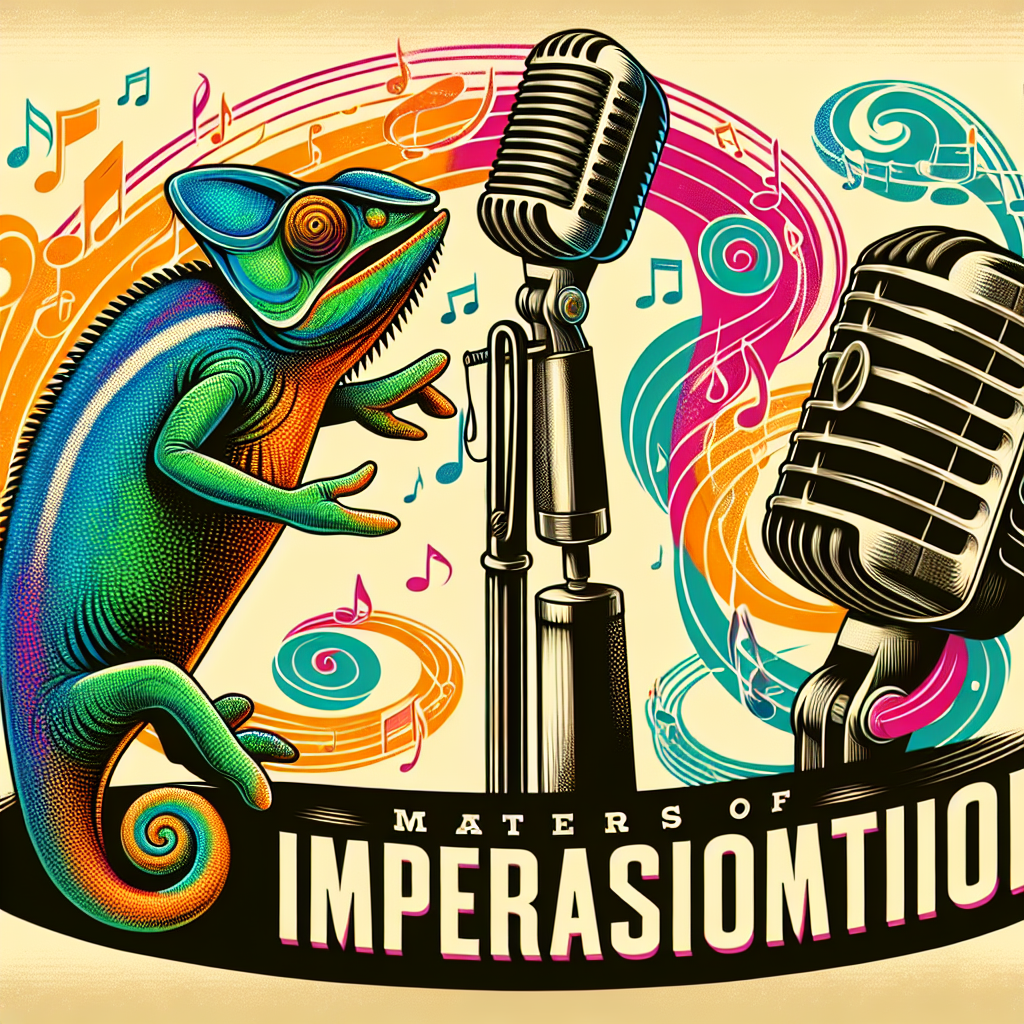



Comments are off for this post.